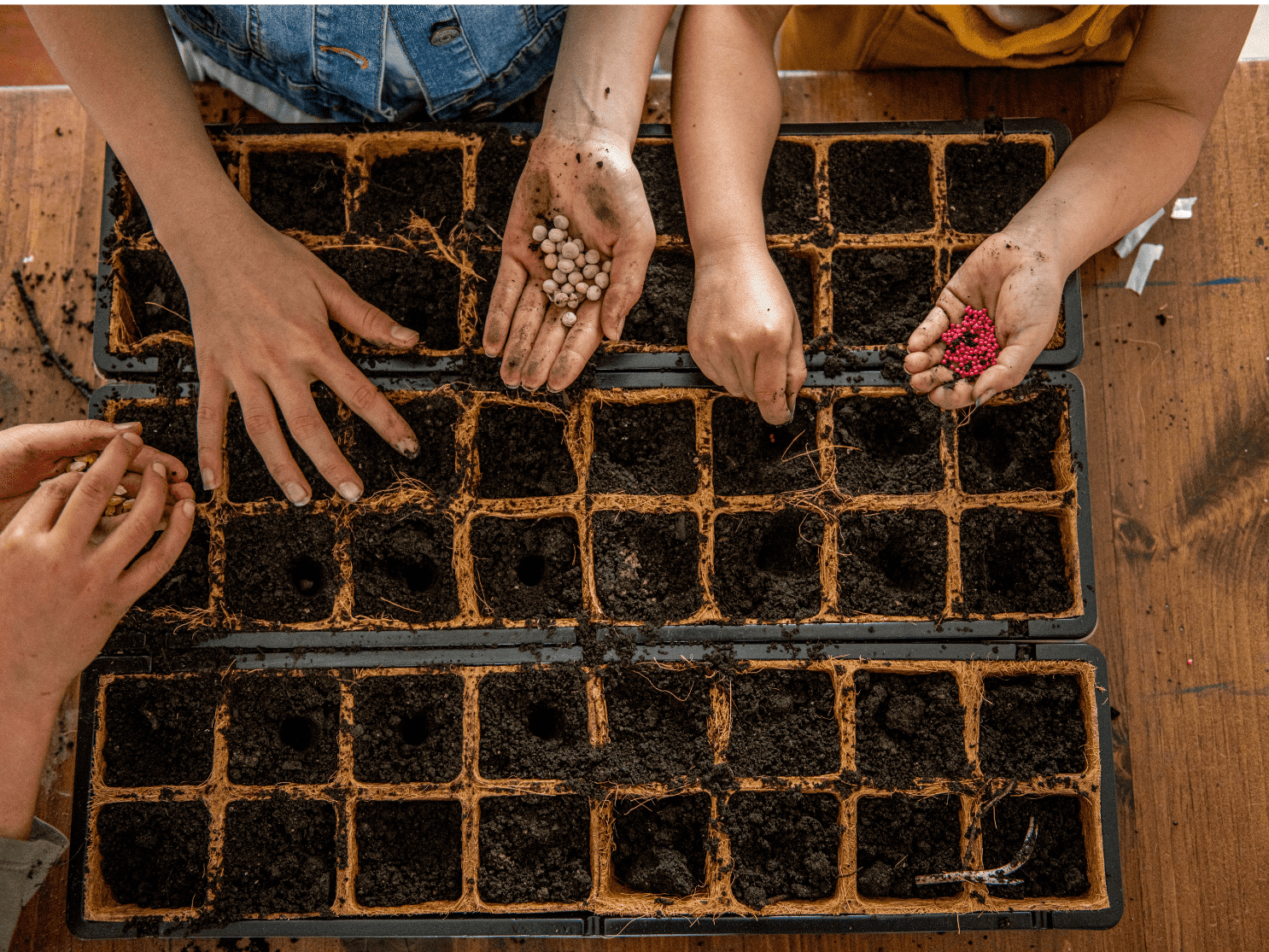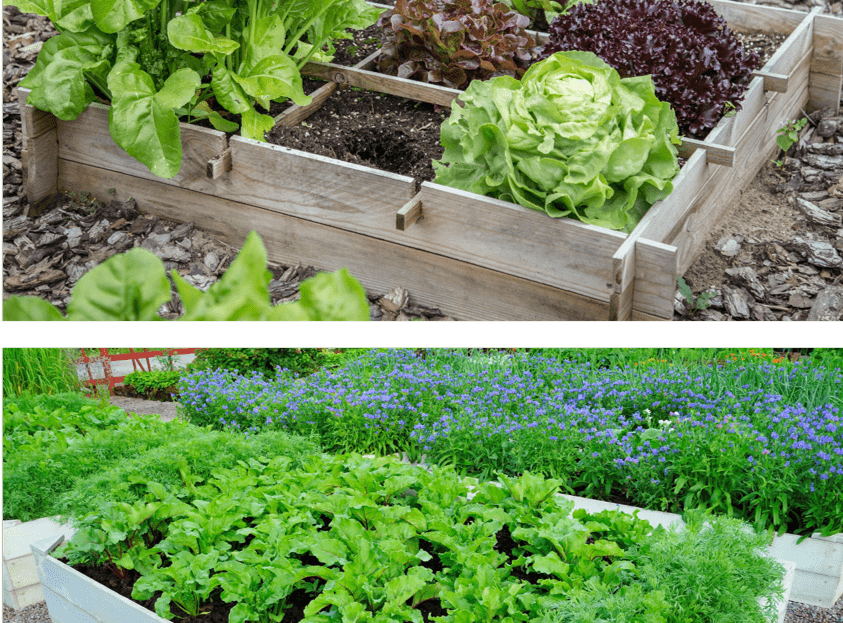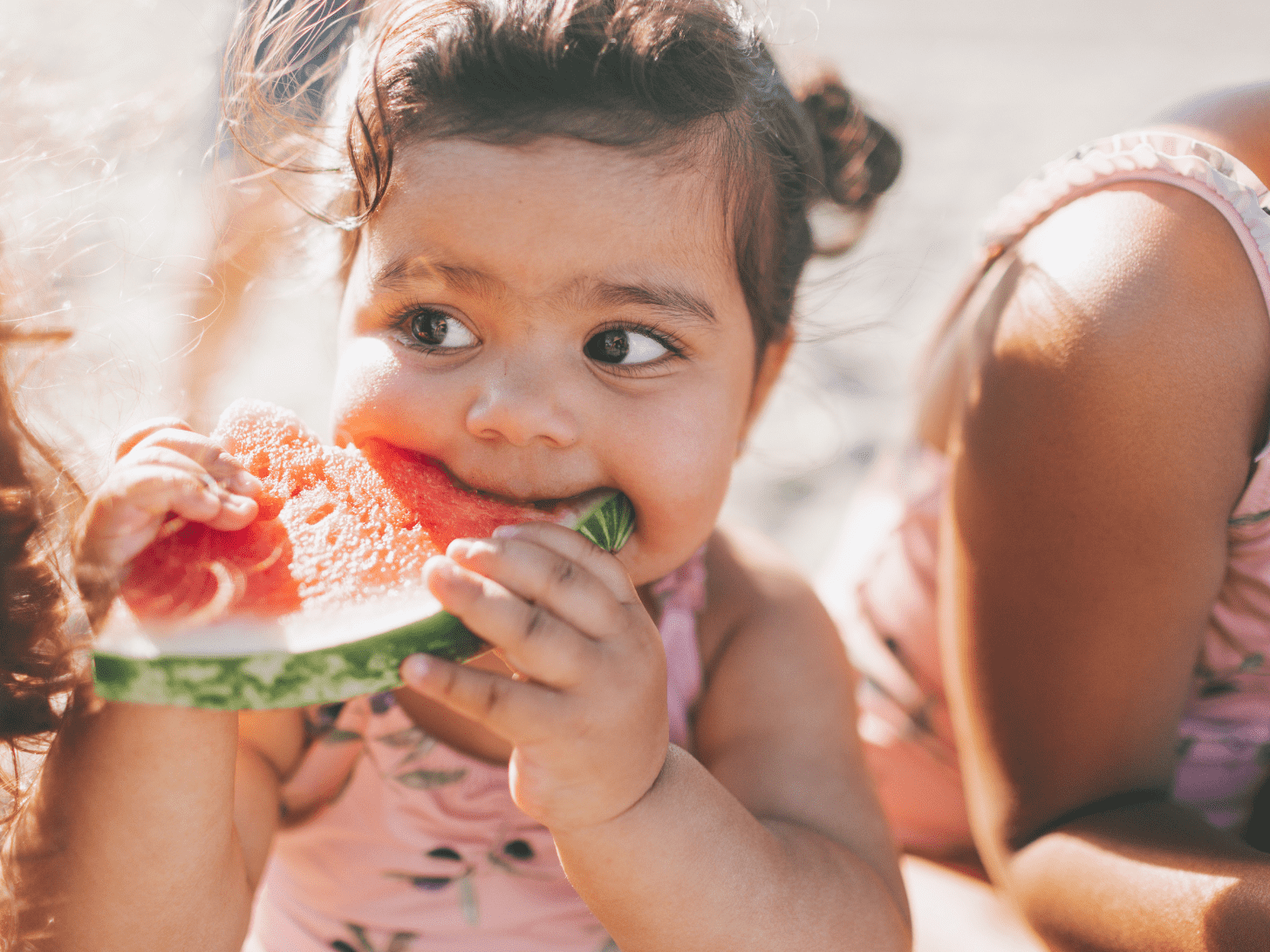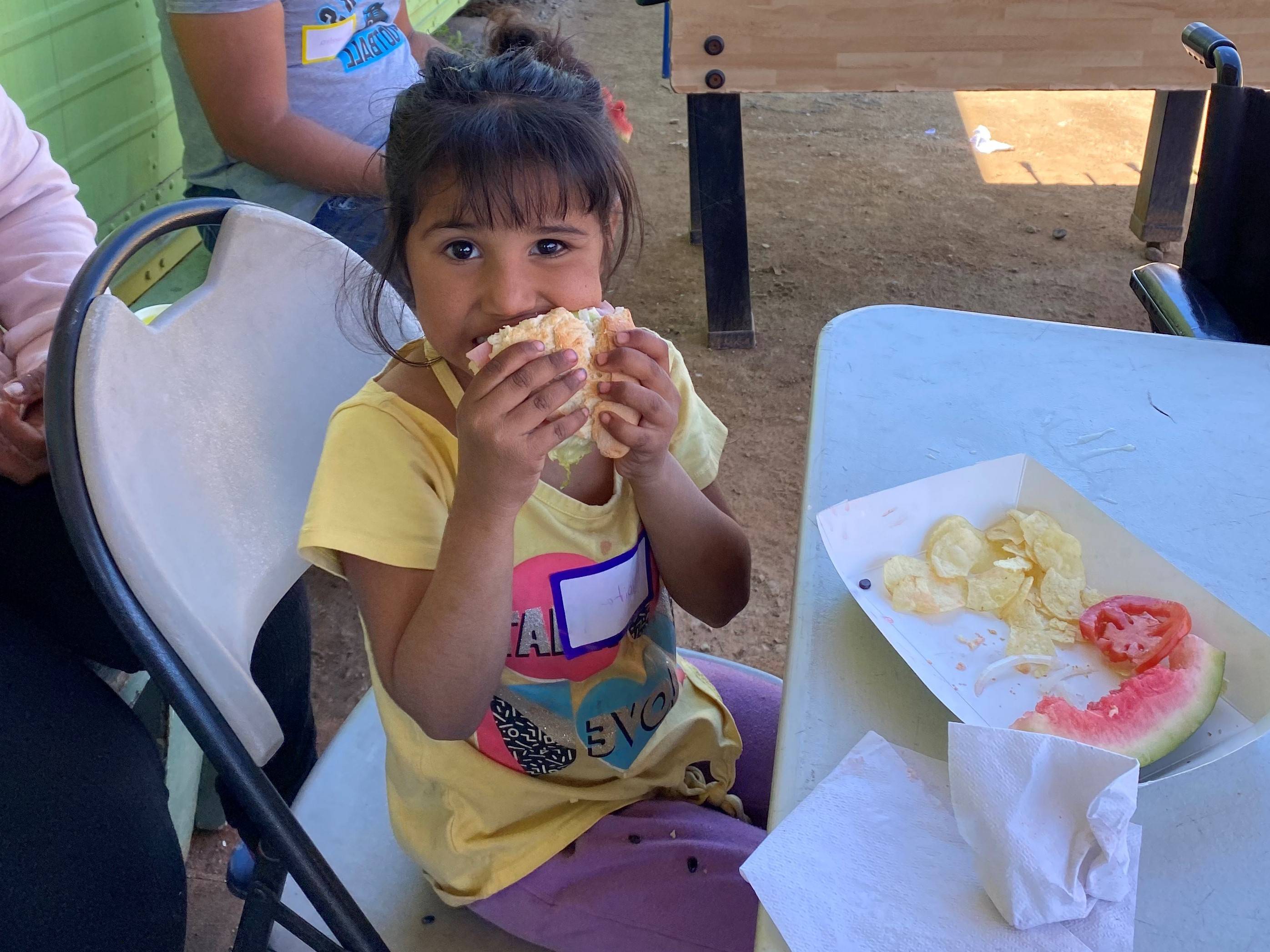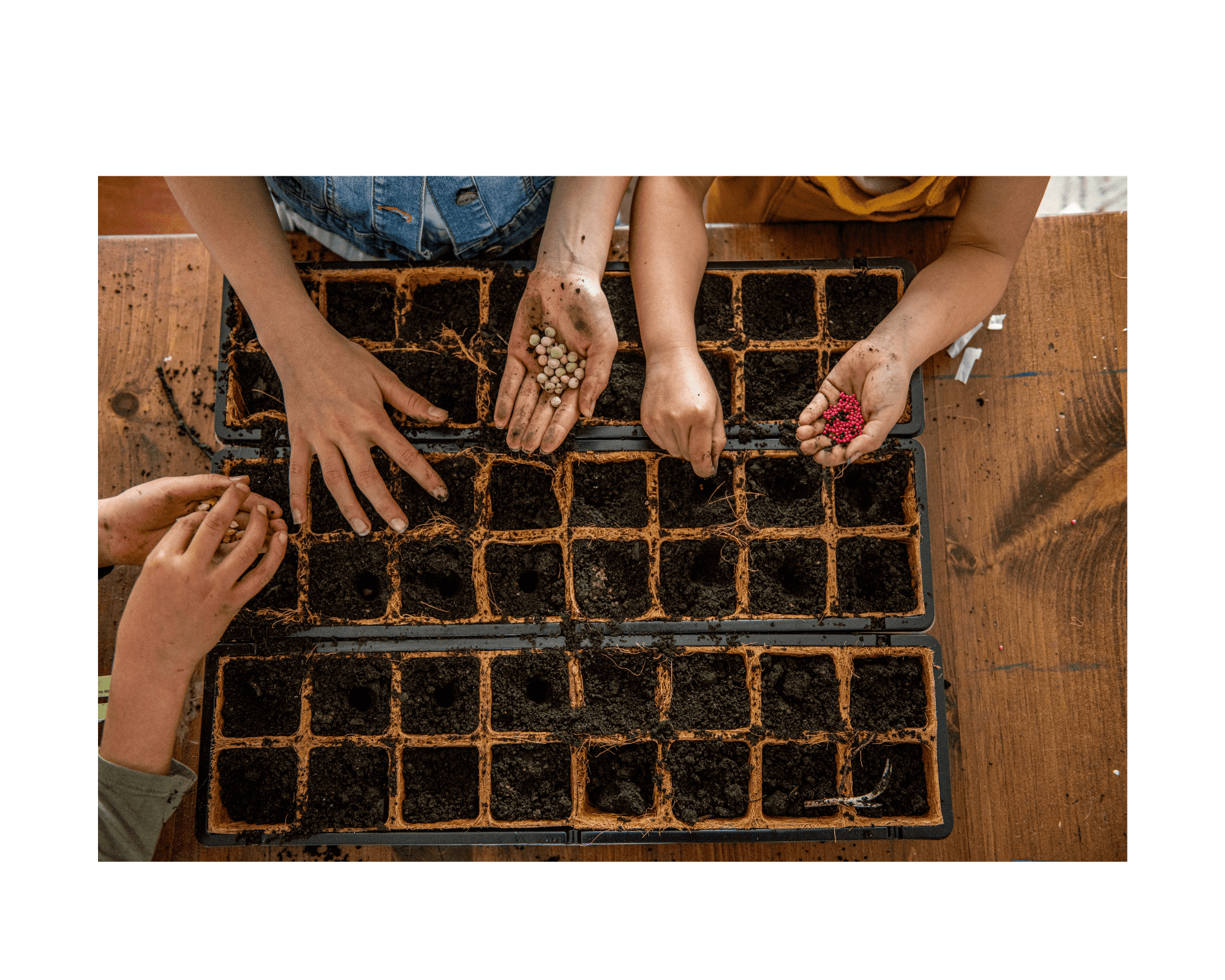

Garden Education
In an effort to combat food insecurity and improve the overall health and well-being of our community members, we are in the process of ramping up our garden program at our school partner location at Corazones Magicos. We know that by reducing the need to purchase produce from markets, community members can stretch their limited budgets further and allocate funds to other essential needs such as education, healthcare, or housing.
Garden programs also foster a sense of community and unity. Working together in a shared garden space promotes social interaction, collaboration, and mutual support among community members. These interactions strengthen the community's social fabric and create a supportive network, leading to improved mental well-being and a sense of belonging.
Another important benefit of a garden program is by way of hands-on experience, participants can acquire knowledge about plant cultivation, composting, irrigation, and sustainable agricultural practices. These skills empower community members to become more self-reliant, providing them with the ability to grow their own food and encourage self dignity.
From an educational standpoint, a garden program can serve as an outdoor classroom, offering valuable educational experiences for children and adults alike. Students can learn about biology, botany, ecology, and nutrition through hands-on activities, while adults can access workshops on gardening techniques, healthy cooking, and food preservation.
These educational opportunities can empower individuals with knowledge that can positively impact their lives and the community as a whole. We currently have six (6) garden beds that with the help of both school and SSFC volunteers, we will begin to plant and harvest. Last month we placed a large water container on school property that will be used specifically for our garden program.
We are excited about the implementation of this program and look forward to watching it “Grow” and thrive.
Nutrition Program
We know that our minds function far better when our bellies aren't growling. We currently are offering a food program at only one of our Mi Escuelita locations, but hope to incorporate the program in all of them soon.
In Mexico, the traditional late lunch meal is called "comida." It is typically the main meal of the day and is usually enjoyed between 2:00 p.m. and 4:00 p.m. Comida is an important part of Mexican culture and is enjoyed with family or friends as a time for relaxation and socializing. Understanding this tradition allows us to facilitate and build a cohesive and family dynamic within our program.
Subtly, this is an amazing opportunity to plug in with our kids and make a dramatic impact on their lives.
We know that this would offer us the opportunity to feed the kids in attendance a balanced nutritional meal, while educating them on the benefits of eating well and making better food choices

